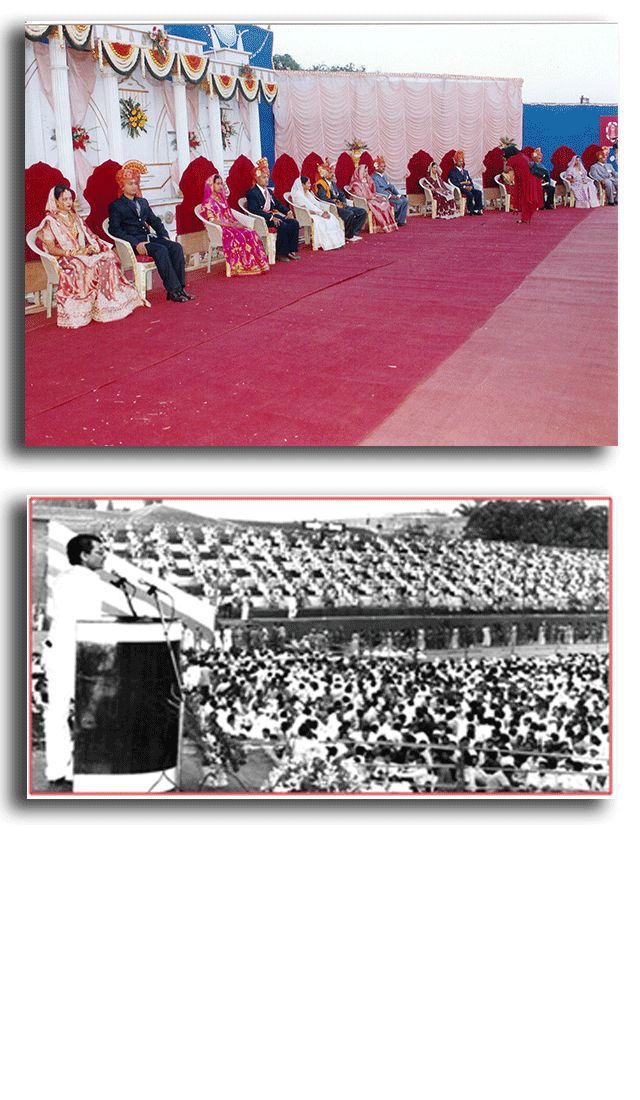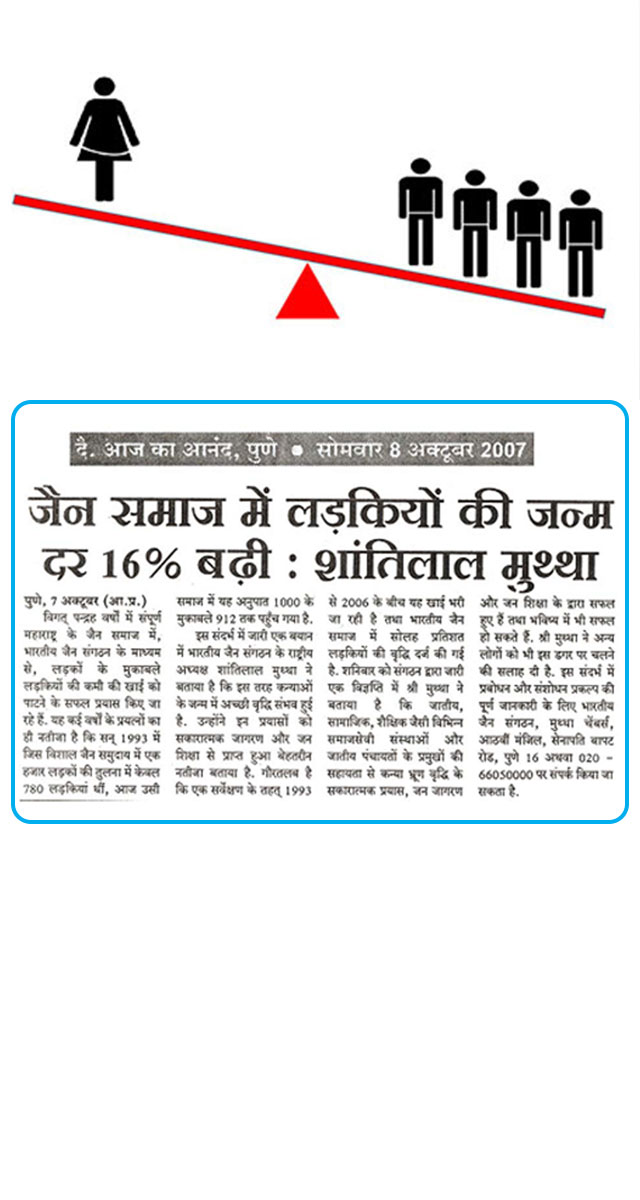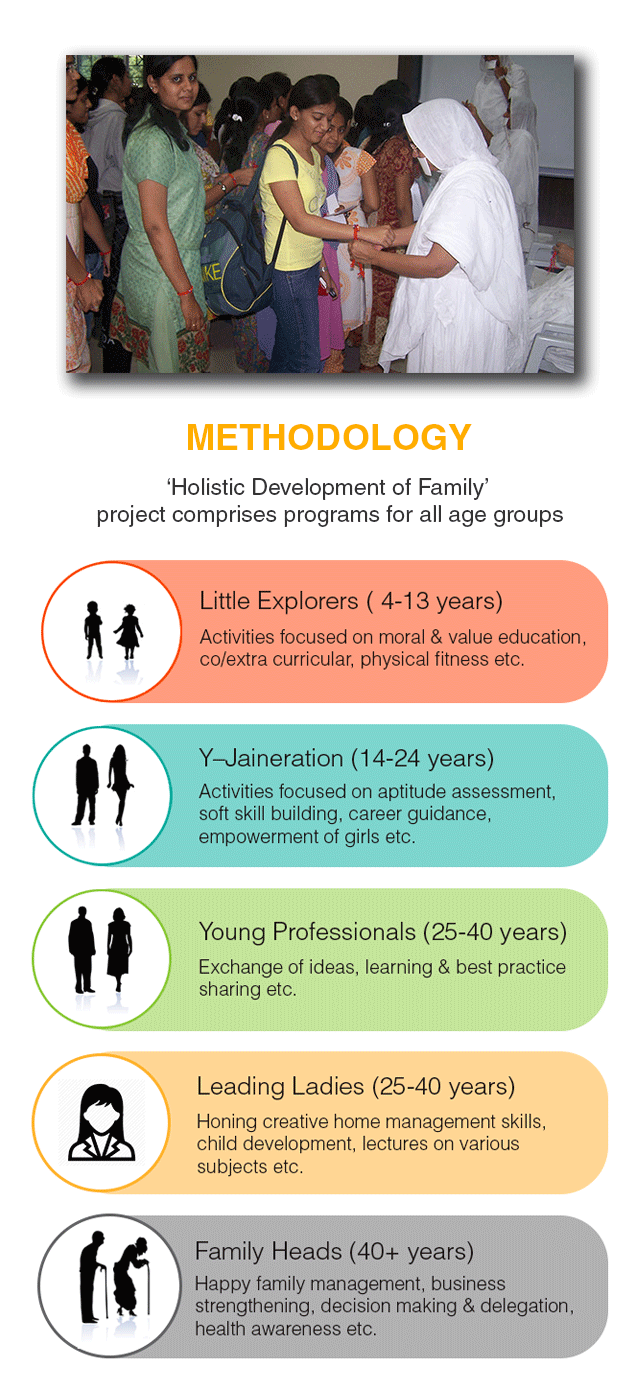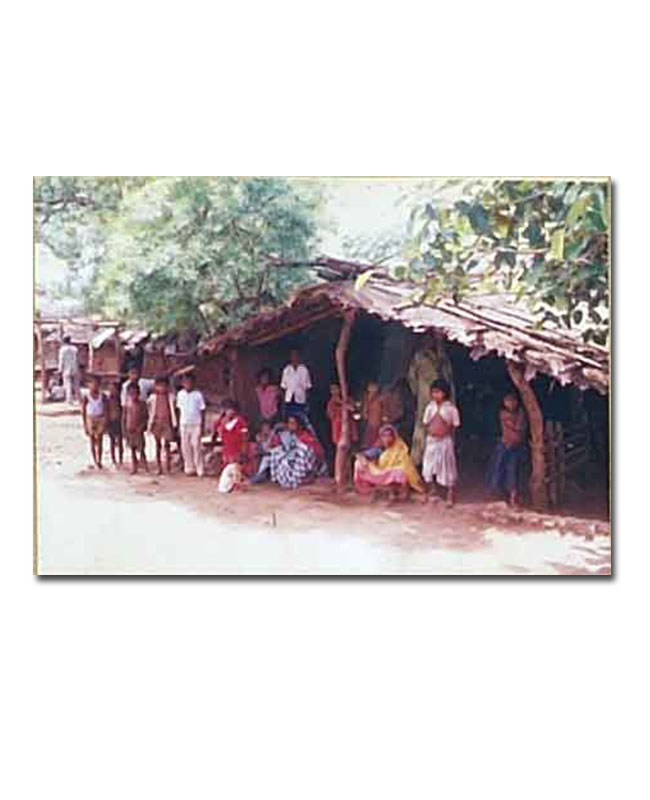EDUQIP
Educational Quality Improvement Program
One of unique pioneering initiatives of BJs has been EDUQIP, an integrated umbrella program developed & launched to assist schools in establishing quality standards in the education they impart. It consisted of different modules designed and developed by BJS after thorough research & validation.
The nation building process demands that we look beyond the universalization of education and accord due importance to the quality of education in general. This aspect of ensuring educational equity through quality in the entire spectrum of schools and in education from pre-primary to higher education are being acknowledged and efforts are being channelized in this direction. However, considering the magnitude of the problem in terms of the sheer number of schools in India, these efforts still need to go a long way if they are to create a visible impact in the context of education reform in India especially at the school level.
BJS has always had a strong focus on Education having realized its importance as a tool for Social Transformation. Around 80% of the primary education in the country is provided by government run schools. The focus of the government run programs is to cover maximum number of children under the purview of its schemes. While these efforts are extremely important, the component of quality in education is sometimes inadvertently overlooked. To compound the problem, the other private providers of education are either driven by charity or some times by the profit making motive and do not necessarily concentrate on the quality aspects of the education provided.
This situational analysis laid the foundation of creating a basket of programs aimed at the holistic development of students through improved educational delivery and increased contributions from all stakeholders. This set of programs included various Assessment and Empowerment and Training modules, making it a comprehensive and holistic basket.
In the Assessment section of EDUQIP, BJS offered a comprehensive Teachers' Effectiveness Measurement and Students' Assessment Programs IV and VIII. In the Training/Empowerment section of the EDUQIP, BJS provided Trustee Empowerment program and Principals' Empowerment Program and VEC/SMC empowerment program. The training section brought out two Teacher Training Programs. All the individual modules of EDUQIP are currently supported with English, Marathi, Hindi, Gujarati versions of all documents and instruments.
As with the design of the EDUQIP program, careful thought has also been given to the implementation of the various modules forming the basket. The first phase of implementation has been successful in around 350 schools managed by the Federation of Jain Education Institutes (FJEI). In the next phase around 400 schools of Andaman and Nicobar islands have been covered. 563 schools under the NavodayaVidyalayaSamiti (NVS), an autonomous body under the under the Ministry of Human Resource Development have benefited from the implementation of EDUQIP. In Goa, 1790 schools under Goa Government have been covered and after three years of rigorous implementation and close involvement with all stakeholders, the results of the SSCE board examinations show a sharp increase in the pass percentage over the previous years. In Gujarat, EDUQIP has been implemented in around 2005 schools of the districts of Narmada and Bharuch in Gujarat. In all, BJS has implemented the EDUQIP basket - free of cost - in more than 4000 schools across all Indian states.
Individual programs forming the basket are conceived, designed, implemented and evolved over time and reinforced through implementation feedback till they are fully mature and can be offered as stand-alone programs at a the national level. Mulyavardhan and School Assessment &Accreditation (BJS-SAA) are examples of such programs that were earlier a part of the EDUQIP basket.
Stakeholders across the spectrum have benefited from the programs offered under EDUQIP. It is an excellent example of private-public partnership model and holds the potential of being replicated across the country. Through its continuous and comprehensive involvement with the Government at various levels and across different regions, BJS has gathered an excellent understanding of the mindset and is confident of heralding this change in the Indian Education scenario.





